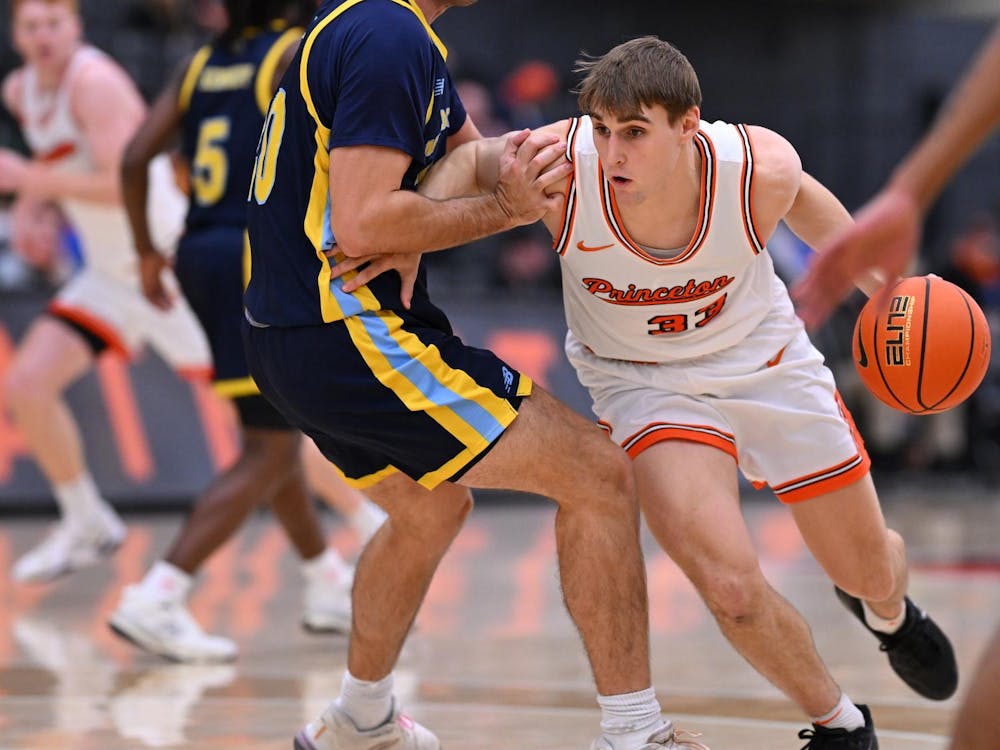Student-athletes were allowed to receive the second dose of the meningitis vaccine in January, before the rest of the student body, following reports from members of the swimming and diving team that they had been unable to perform at their peak after receiving the first dose.
The vaccine was made available even to athletes who were not going to be in season, although not all of them chose to participate.
“No teams were left out. All coaches were informed about the additional dates when the vaccine would be provided so they could choose which date would work best for them and their team,” University Spokesperson Martin Mbugua said. “This opportunity was offered out of consideration for athletic calendars. Sore arms can make a major difference for a crew team.”
The vaccine was offered on the Wednesday and Thursday following Dean’s Date in January. At the same time, the meningitis vaccine was made available to those students who had been unable to receive the first dose in December. In addition, the vaccine was also offered to those students who had planned to leave campus for study abroad before Feb. 17, according to the University’s “Meningitis Information” webpage.
Mbugua said the decision to offer a second round of clinics in January was made in December as a result of discussions that began before the first dose was given. Mbugua added that the discussions involved a number of administrators and that all the relevant factors were considered.
Princeton’s swimmers and divers will be preparing for the Ivy League Championships during the February clinics, with the women traveling to Brown the weekend following the clinics and the men traveling to Harvard the subsequent week. Similarly, women’s squash will host the Howe Cup National Championships at the Jadwin Gymnasium courts the weekend of the clinics.
The Centers for Disease Control and Prevention gives examples of potential side effects of the vaccine on their “Serogroup B Meningococcal Vaccine and Outbreaks” webpage. In reference to adolescents and young adults, it reads, “The most common side effects take place where the shot was given (in the arm), which can include pain and tenderness, swelling and hardness of the skin.” Many Princeton students reported significant arm painthat lasted over a period of several days.
The second dose will be available to the rest of the undergraduate population — as well as members of the University community with certain medical conditions and graduate students living in undergraduate dorms and the Graduate College — from noon until 8 p.m. on Feb. 17-20.







